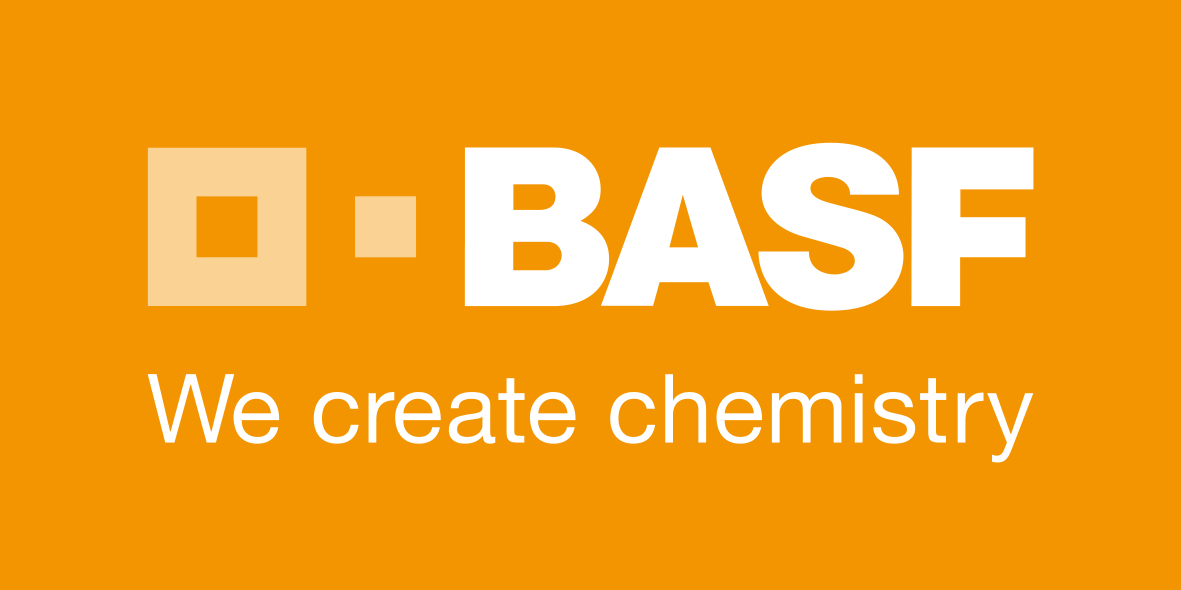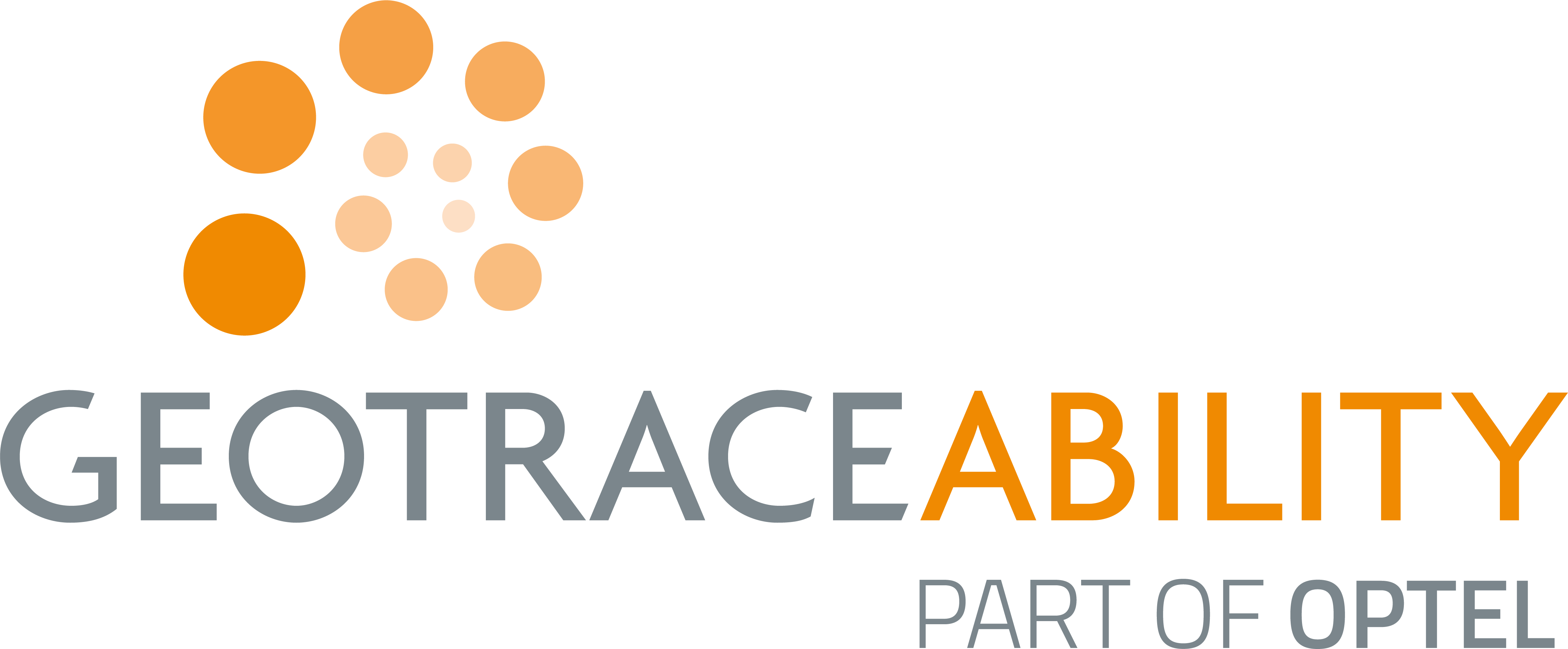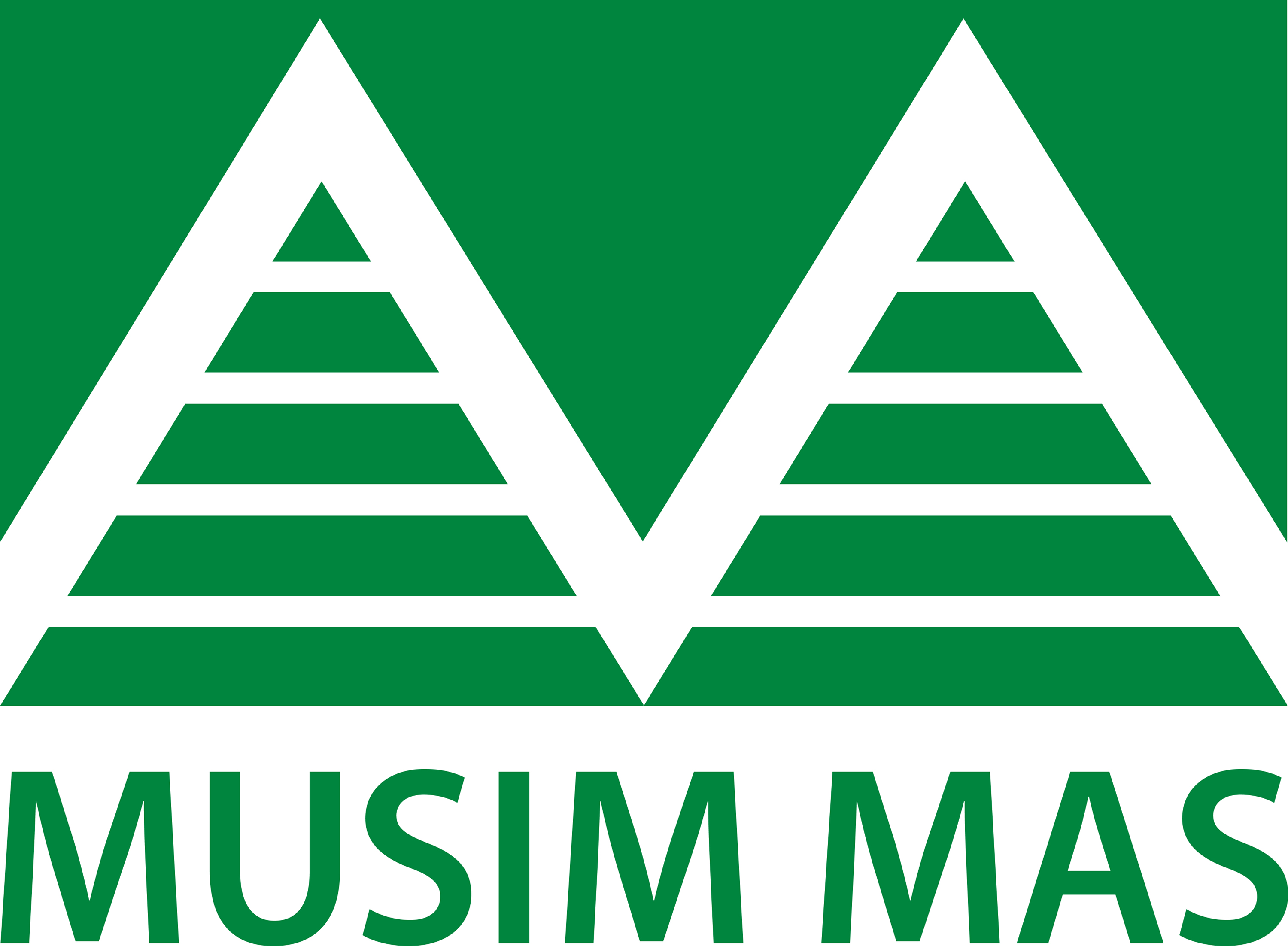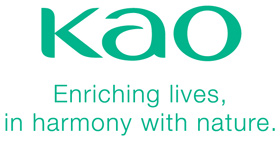Daryll Delgado, Verite
Following a successful European Roundtable conference last week we interviewed some of our key speakers and sponsors to get their take on the latest developments in the sustainable palm oil industry.
As the Manager of Verite Southeast Asia’s (VSEA) Research and Stakeholder Engagement Programs, Daryll Delgado designs, implements, and manages multi-country programs geared towards understanding and improving working conditions in the agriculture, electronics, apparel, footwear, and food manufacturing sectors in Southeast Asia, as well as, Korea, Japan, and Taiwan. She directs the Southeast Asia research team, and is principal investigator for Verité’s publicly funded research on forced labor and trafficking in persons. Daryll is a key contributor to Verité’s public toolkits and primers on various labor issues. She is an accredited lead auditor by IRCA, RAISE, and the EICC, and conducts social responsibility audits and assessments globally, and trains and manages audit teams throughout Southeast Asia. She is one of the Directors of The FAIR Hiring Initiative, Inc. Apart from work with Verité and FAIR Hiring, she is a journalist, a published book author, and a university lecturer.
Daryll sits as an alternate member of the RSPO Board of Governors, and in the Advisory Board of the Dispute Settlement Facility. She leads the Labor Task Force and was a member of the panel that reviewed and revised the 2013 RSPO P&C.

- What role does Verité play in the movement towards sustainable Palm oil?
As Verite, a labor-focused NGO, we come into this space bringing with us our mission – that all workers worldwide are in fair, safe, and legal working and living conditions – and our long experience in dealing with labor issues, helping companies address systemic problems, in different sectors and geographies. I guess the difference we try to bring to the table is our perspective, a worker-centered perspective. But we also always take the trouble to understand the business objectives and processes, the systems at work, so that we see where in the business processes risks to labor are likely to occur, and how solutions to these risks and issues can be embedded in the systems of a legitimate business operation
- You took part in the ‘Respecting Human Rights on Palm Oil Plantations’ session at EURT, did you find discussions useful? What was the most exciting thing about being on the panel
I think the session went very well, and the panel was able to touch on a lot of key topics pertaining to the role of business when it comes to human rights. I thought that it was a good opportunity to talk about, how, in terms of human rights, which are universal and indivisible, a platform like the RSPO, which takes on the entire gamut of sustainability requirements and concerns, continues to offer a lot of potential, imperfect as the platform is. I mentioned at the panel that there is a danger of watering down the full range of rights that should be protected and respected, when organizations end up isolating, or focusing too much, on “issues of the day”.
There were two questions, in particular, that were addressed to me that I found provocative and insightful. One was about the “noise” that NGOs continue to make, and whether this affects our work negatively as Verite, which takes on multiple roles as members of the RSPO and as an independent monitor and advocate. I said that our work on the ground and in board rooms is very difficult, regardless of the so-called noise made by NGOs outside the RSPO.
I think that the RSPO benefits from the work being done by independent groups — to keep RSPO on its toes, and to help us NGOs working within the RSPO to validate our findings, and check on what else might be missing. In my opinion the actions of some consultants and organisations that do not have a full sense of the critical context and expertise in the local and specific settings of the issues, and who do not engage critical stakeholders, cause so much more harm than the advocacy campaigns being launched by external NGOs and international groups.
The other question was about how a “safe space” can be created for companies that are trying to do the right thing, or remedying issues. My answer is simple: there is simply no “safe space” for companies violating legal regulations. Violations must be addressed immediately, and parties affected given the appropriate remedies. This is actually more difficult than it sounds, but we just need to be clear about the barest, minimum requirements: legal compliance. We have a lot of admiration for companies that struggle, that take on challenge of addressing risks and issues in its operations, despite the “noise”, and the lack of a “safe space”.
- What key challenges must we overcome to make palm oil more sustainable, both environmentally and socially?
One of the challenges that needs to be overcome is the perception that organized or empowered workers is bad for business. In fact, based on what we’ve seen in other sectors, in the thousands of audits that we’ve done, we see that when workers have a high awareness of their rights and responsibilities, when they are included or represented in decision-making processes, when communication and feedback systems genuinely encourage workers’ participation, there are simply less findings of non-compliance in all other areas — such as health and safety, wages and benefits, environment — as well. Workers become truly part of the business organization and contribute to its growth. Besides, when workers are not empowered, the labor policies, grievance mechanisms and procedures, become ineffective.
- What would you like to see as one of the outcomes of this year’s EURT?
I hope that one of the outcomes of the EURT is a much higher awareness of labor issues, respect for labor and human rights in all aspects of business, and support for stronger and more meaningful criteria and indicators on labor in the ongoing P&C review. We in the labor group are pushing for clearer indicators for the ethical recruitment and hiring of workers, more scrutiny into the involvement of labor brokers/intermediaries and third party contractors; we think there needs to be stronger requirements around worker-representation and protection for women and children; and protection for whistleblowers and rights defenders.













